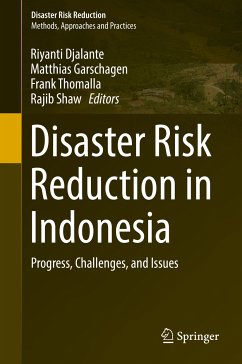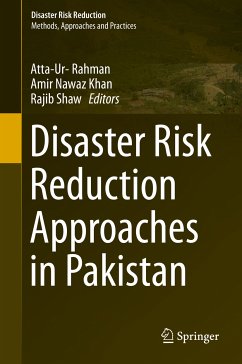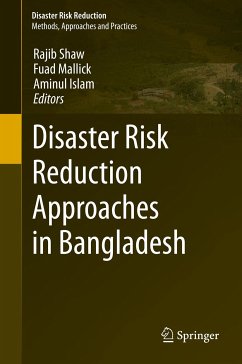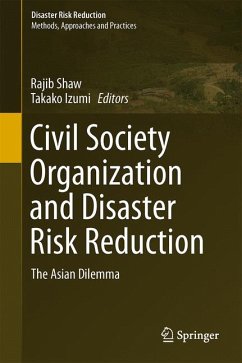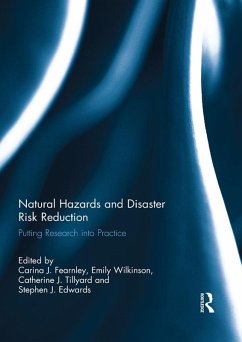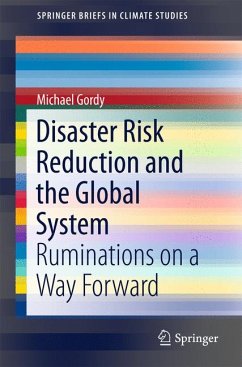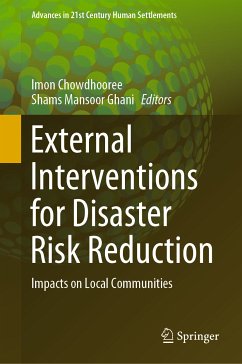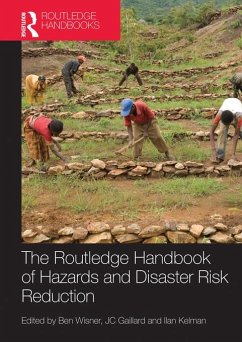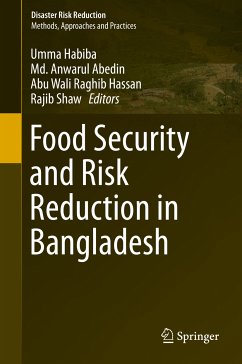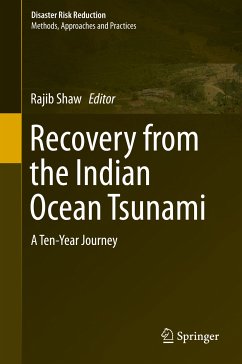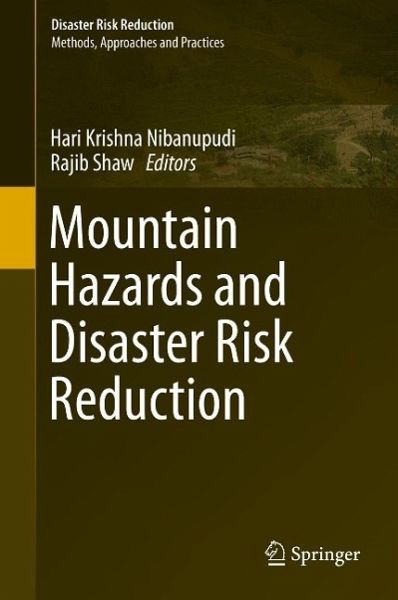
Mountain Hazards and Disaster Risk Reduction (eBook, PDF)
Versandkostenfrei!
Sofort per Download lieferbar
72,95 €
inkl. MwSt.
Weitere Ausgaben:

PAYBACK Punkte
36 °P sammeln!
The Hindu Kush Himalayan (HKH) region is highly vulnerable to earthquakes and water-induced disasters. This fragile mountain region is under tremendous stress from climate change and land-use degradation that has accelerated flash floods, river-line floods, erosion, and wet mass movements during the monsoon period and drought in the non-monsoon period. Against the backdrop of intensifying disasters and in the absence of a focused documentation of disaster risk reduction issues in the HKH region, this volume presents a comprehensive body of knowledge. The main purpose and objective of this publ...
The Hindu Kush Himalayan (HKH) region is highly vulnerable to earthquakes and water-induced disasters. This fragile mountain region is under tremendous stress from climate change and land-use degradation that has accelerated flash floods, river-line floods, erosion, and wet mass movements during the monsoon period and drought in the non-monsoon period. Against the backdrop of intensifying disasters and in the absence of a focused documentation of disaster risk reduction issues in the HKH region, this volume presents a comprehensive body of knowledge. The main purpose and objective of this publication is to connect existing data, research, conceptual work, and practical cases on risk, resilience, and risk reduction from the HKH region under a common analytical umbrella. The result is a contribution to advancing disaster resilience and risk reduction in the HKH region. The book will be of special interest to policy makers, donors, and researchers concerned with the disaster issues in the region.
Dieser Download kann aus rechtlichen Gründen nur mit Rechnungsadresse in A, B, BG, CY, CZ, D, DK, EW, E, FIN, F, GR, HR, H, IRL, I, LT, L, LR, M, NL, PL, P, R, S, SLO, SK ausgeliefert werden.




